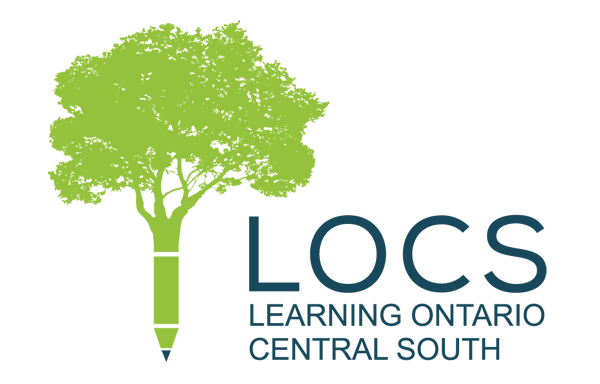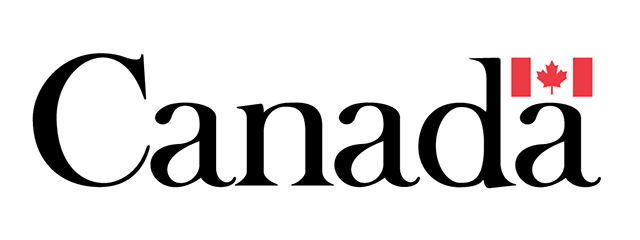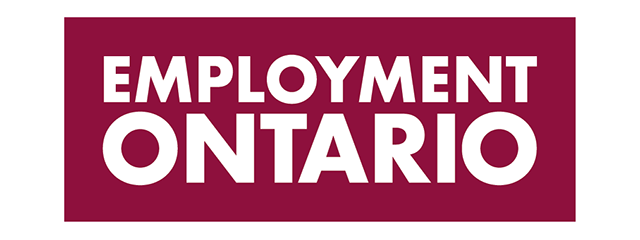Ontario’s Literacy and Basic Skills Programs can be a lifeline to positive outcomes in education, work and life

When it comes to better business performance and staying relevant in a labour force that is constantly disrupted by technology, some of the best investments are in people and basic skills training.
Increasingly, it’s becoming necessary for people to continuously gain and improve literacy, numeracy, digital and interpersonal skills to communicate effectively, think critically and solve problems—competencies required to participate in today’s knowledge-based economy.
22% of Ontarians aged 16 to 65 are at or below the bottom level for numeracy and 15% for literacy skills. (Source: More Than Words Can Say)These are the individuals more likely to be unemployed longer, depend on social assistance or stay out of the labour force altogether.
The benefits of improving literacy and basic skills are much more than just economic. It can mean accessing government or medical forms, connecting with family and friends online, understanding a rental agreement or paying a utility bill. In some cases, it can mean a difference between life and death on the job if workers can’t understand health and safety instructions.
Many adult learners who have completed literacy and essential skills programs have positively transformed their lives. Their confidence increases, they get better jobs and some have gone on to become leaders in our communities.
What is a Literacy and Basic Skills Program?
A Literacy and Basic Skills (LBS) Program provides opportunities for adults who want to brush up on reading, writing, math, computer and other skills to achieve their goals of post-secondary education and training, employment, apprenticeship and secondary school credit.
Maybe someone is interested in becoming an electrician, or another apprenticeship, or perhaps finishing high school is their goal. Or maybe they want to improve their skills for a new job, learn computer software or develop a personal budget. Whatever it is, LBS programs can help—and it’s free!
Everyone’s situation is different. People have different goals, which is why there
are a number of upgrading programs for adults to choose from, including programs offered through community-based agencies, school boards and colleges.
A Few Examples
In the counties that Learning Ontario Central South (LOCS) serves, for instance, Fleming and Loyalist offers chemistry and biology along with math, English, computer and college entrance courses in its Academic Upgrading program.
In Peterborough, Trent Valley Literacy Association added online Customer Service and Point-of-Sale courses, in addition to its employment skills and computer training. Community Learning Alternatives in Hastings offers digital literacy, apprenticeship support and soft skills solutions. Peterborough Native Learning Program offers the GED test preparation course, as well as programs to support employment readiness, apprenticeships and digital literacy courses.
The Adult Training Network (part of the Kawartha Pine Ridge District School Board) in Peterborough and Northumberland and the Trillium Lakelands District School Board in City of Kawartha Lakes offer workplace, apprenticeship, education readiness and computer training options.
LBS organizations works closely with Employment Services to ensure the success of learners in finding and retaining work. For example, John Howard Society (City of Kawartha Lakes and Haliburton) offers the STRIVE program in partnership with Fleming Crew.
An LBS program can be taken full-time or part-time and has continuous intake year-round. Students can receive instruction through one-to-one tutoring, small group and classroom instruction, and online—all offered in an environment that is welcoming and encouraging.
The program supports literacy upgrading for adults, 19-years-old or older, in four areas: English language, Indigenous, Francophone and Deaf. Each of these areas bring their unique strengths and together they serve the many different needs of adult learners in Ontario.
Assessing a learner’s goals
Before LBS training begins, an assessment is done by the training organization and a personalized education plan is developed individually with each student to address their specific needs and future goals.
Sometimes students don’t know what their goals are until they do the assessment and explore a range of possibilities. But one thing is certain: if there are gaps in math and literacy, moving ahead can be a challenge until the student’s knowledge and understanding has improved to the point of confidence, and then they can move on to the next level in achieving success in reaching their education and career goals.
Find LBS services in your area
Visit our programs page for more information on LBS organizations in each of the five counties in the LOCS region:
City of Kawartha Lakes
Haliburton
Hastings
Northumberland
Peterborough
Read a learner success story: College student Tim Lobb takes charge of his future with the help of Community Learning Alternatives



